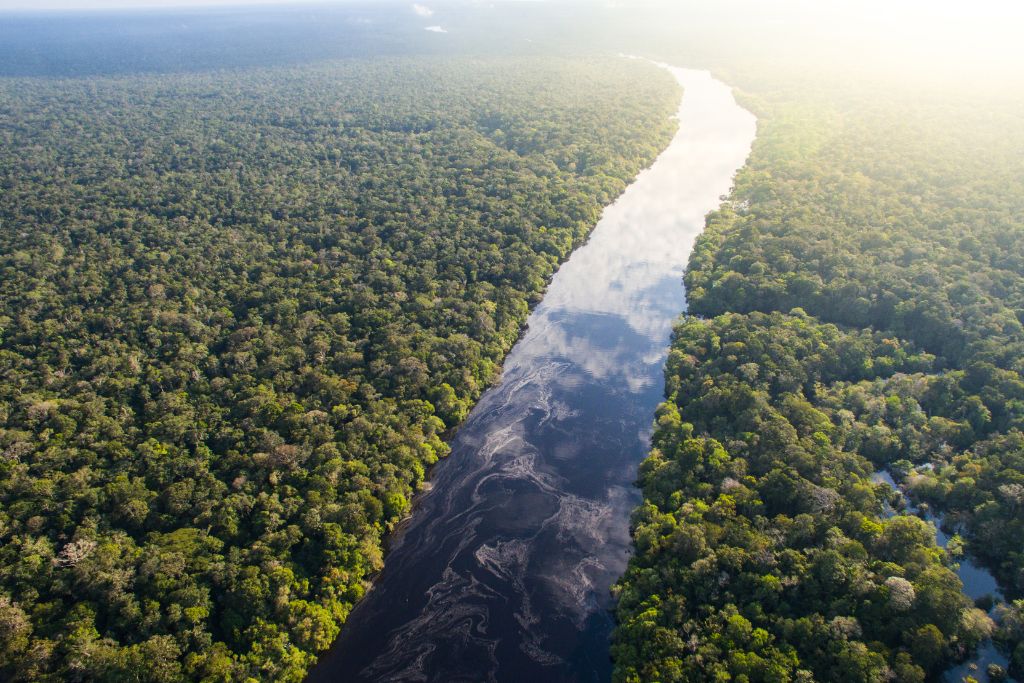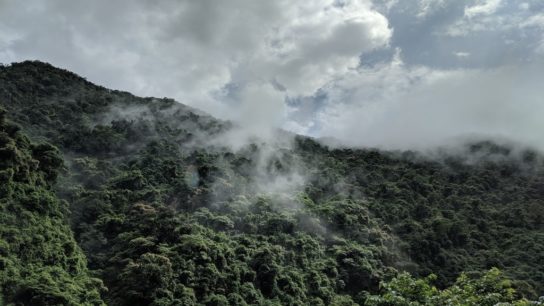Leaders from the eight Amazon nations came together for the first time in 14 years to discuss the future of the world’s largest rainforest.
—
Leaders from the eight Amazon nations agreed to several unified environmental policies to strengthen regional cooperation at a key two-day meeting in the northern city of Belem, Brazil, but failed to reach an agreement on a much-needed goal for ending deforestation in the Amazon rainforest.
Convened by Brazil’s President Luiz Inacio Lula da Silva, the summit sought to bring together the eight Amazonian countries in a bit to find common solutions on key issues, including the climate crisis, deforestation, and the protection of Indigenous communities.
Among the issues discussed at the meeting was a common deal to halt deforestation by the end of the current decade.
“The forest unites us. It is time to look at the heart of our continent and consolidate, once and for all, our Amazon identity,” said Brazilian President Luiz Inácio Lula da Silva at the summit. “In an international system that was not built by us, we were historically relegated to a subordinate place as a supplier of raw materials. A just ecological transition will allow us to change this.”
While the joint declaration of the members of the Amazon Cooperation Treaty Organization (ACTO) issued on Tuesday created an alliance for combating forest destruction, it did not include a common pledge to end deforestation by 2030, effectively leaving each country to set their own deforestation targets.
In the declaration, leaders of the eight South American countries also said it was not only up to them to protect the rainforest, as its resources were consumed globally. Building up on this, a dozen countries formed a pact on Wednesday to demand industrialised nations to support developing countries’ fight against climate change and biodiversity conservation by paying for the critical serviced provided by forests.
The failure of the ACTO nations sparked criticism from environmental groups and the scientific community.
“The planet is melting, we are breaking temperature records every day. It is not possible that, in a scenario like this, eight Amazonian countries are unable to put in a statement – in large letters – that deforestation needs to be zero,” said Marcio Astrini of environmental lobby group Climate Observatory.
Indigenous people also took to the streets to protest in Belem, demanding the protection of their rights and land – including the end of mining and oil exploitation in the Amazon. Despite Lula’s crackdown on illegal mining activities in the Yanomami territory, the humanitarian crisis sparked by the invasion of miners during former president Jair Bolsonaro’s presidency is still haunting the Indigenous population, a new report released by three Indigenous organisations on Wednesday revealed.
“Today, we have a result, there are no more miners. But we are enduring what has been left behind,” said the Indigenous leader Júnior Hekurari, president of the Uhuri Yanomami association, one of the organisations behind the report.
The summit signified a big change in Brazil’s government policy after four years of rampant deforestation under Lula’s predecessor. Environment minister Marina Silva said last week that rainforest deforestation rates last month were at least 60% lower compared to July 2022. In the first six months of Lula’s term, deforestation in the Amazon – the world’s largest rainforest and home to about three million animal and plant species – fell by 33.6% compared to last year. About 2,649 square kilometres of forest were lost between January and June – an area still greater than the size of Luxembourg. Under Bolsonaro, forest loss hit record high levels. In Belem, Lula said its country is committed to having net zero deforestation by 2030.
You might also like: How Does Deforestation Affect the Environment?


















